UK air strikes: The Isis atrocities that explain why Britain is going to war in Syria
MPs repeatedly used the sheer "evil" of Isis in their justification for air strikes in Syria. But what does that really mean?
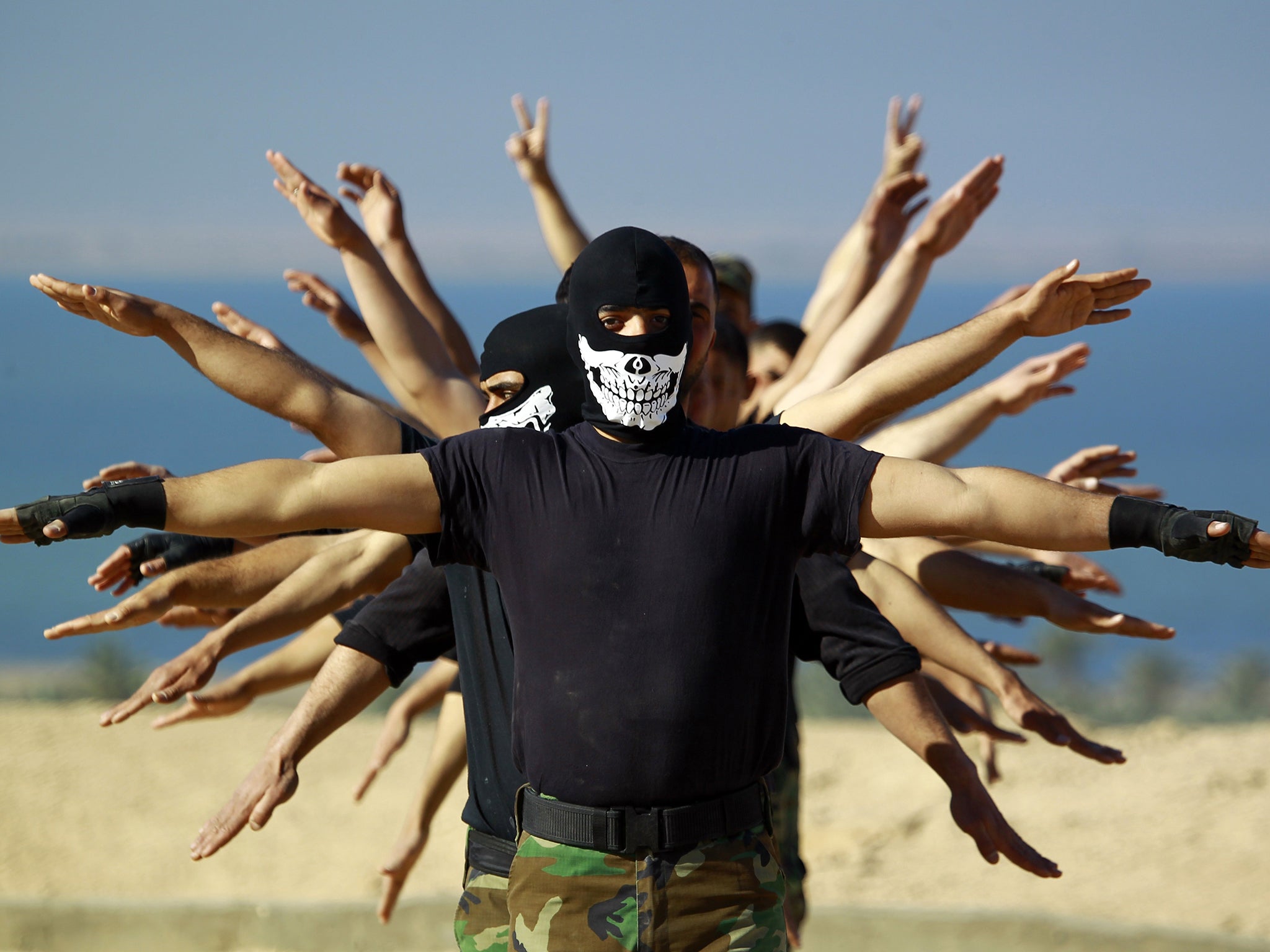
Your support helps us to tell the story
From reproductive rights to climate change to Big Tech, The Independent is on the ground when the story is developing. Whether it's investigating the financials of Elon Musk's pro-Trump PAC or producing our latest documentary, 'The A Word', which shines a light on the American women fighting for reproductive rights, we know how important it is to parse out the facts from the messaging.
At such a critical moment in US history, we need reporters on the ground. Your donation allows us to keep sending journalists to speak to both sides of the story.
The Independent is trusted by Americans across the entire political spectrum. And unlike many other quality news outlets, we choose not to lock Americans out of our reporting and analysis with paywalls. We believe quality journalism should be available to everyone, paid for by those who can afford it.
Your support makes all the difference.Britain voted to go to war against Isis in Syria on Wednesday night, with a host of reasons put forward for extending the RAF bombing campaign into the country from Iraq.
The effectiveness of air strikes, particularly without a more comprehensive programme to degrade Isis on the ground, remains in dispute.
But one thing all MPs agreed upon in the Commons debate was the horrific nature of the militant group’s practices. “We must now confront this evil,” was a line from Hilary Benn’s closing speech, credited with changing the minds of as many as 15 undecided Labour MPs.
These are the atrocities which were, for some, the justification for Britain to go to war.
Mass graves
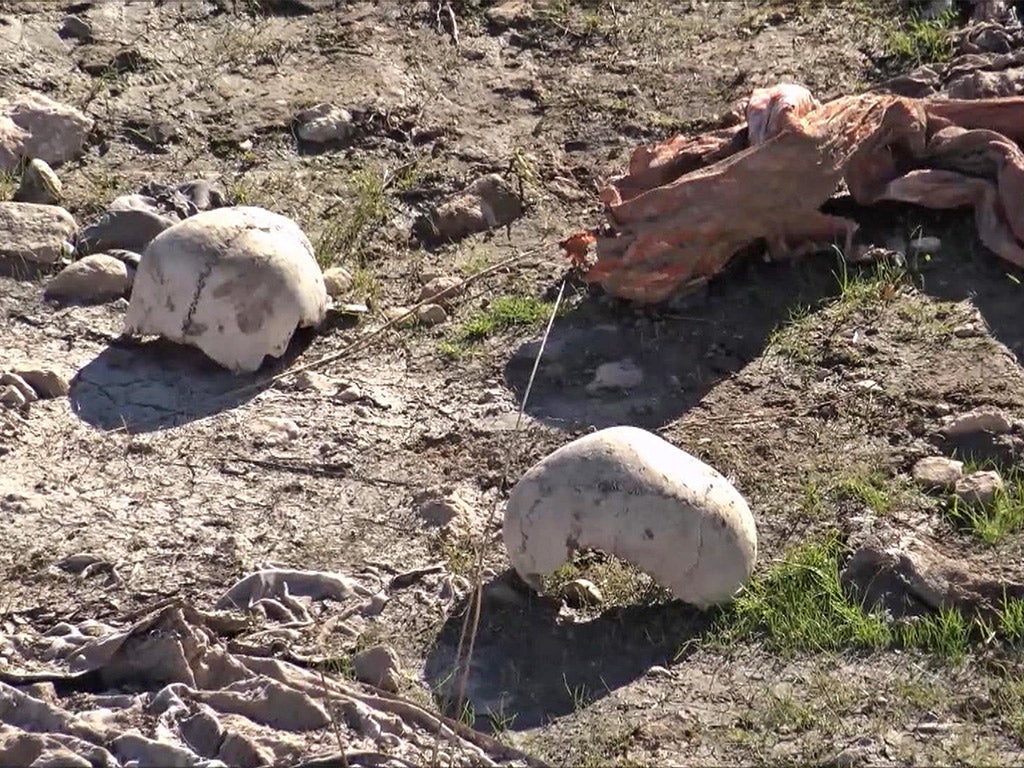
Only this week, Kurdish officials unearthed three more crude burial sites where Isis dumped the bodies of its enemies following the Sinjar massacre.
The first suspected mass graves were discovered within days of Isis forces being pushed out of Sinjar, and confirmed gruesome reports from the time when the city fell in the summer of 2014.
A single grave held 78 elderly women’s bodies, officials told the Associated Press, and another around 10 miles outside the city held more than 50 bodies including children.
According to the Iraqi human rights ministry, Isis executed at least 150 women last year “for refusing to marry militants”. Officials said they were buried in mass graves in Fallujah – a city which remains under Isis control.
High-profile executions
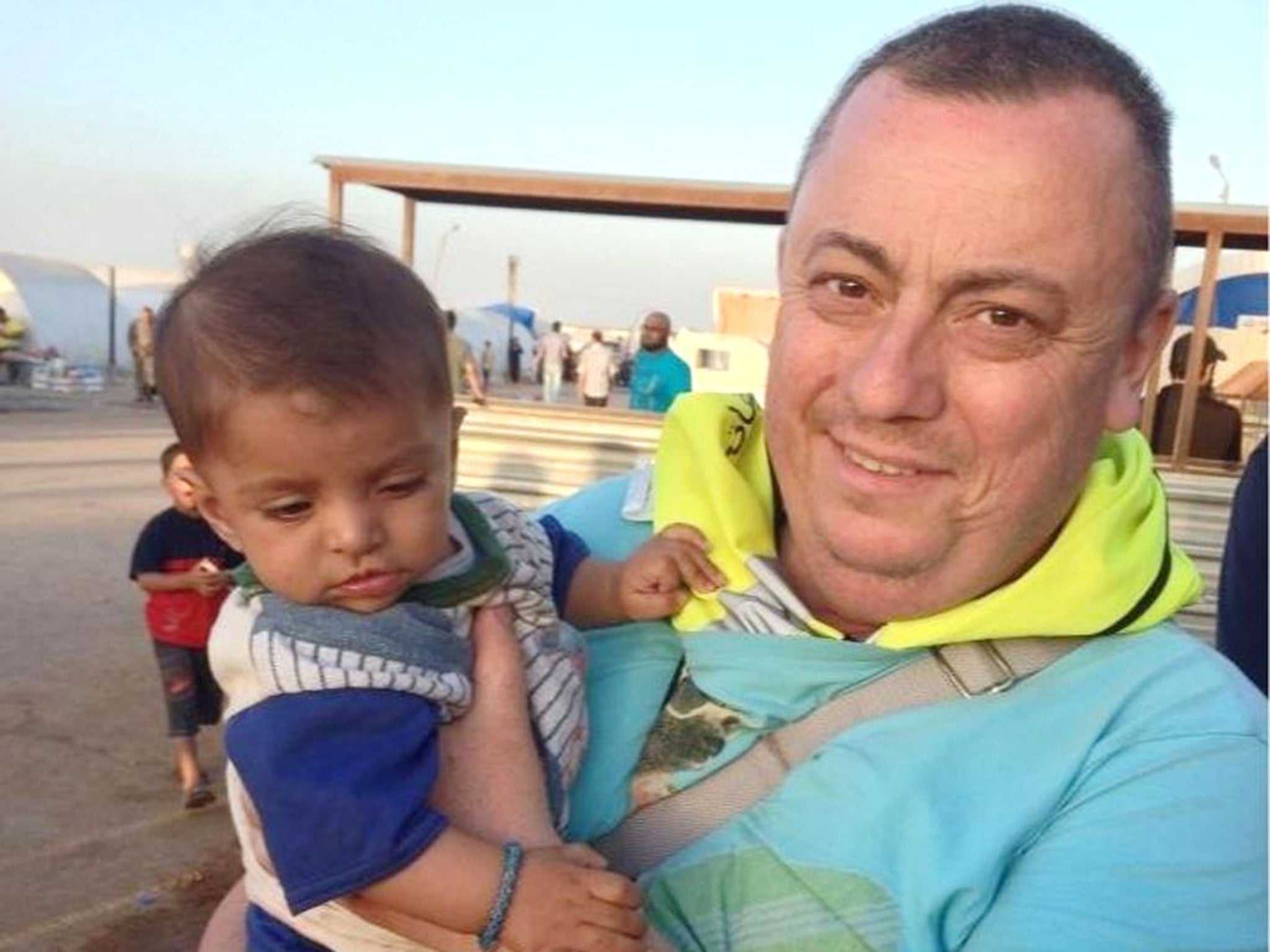
For many in the West, Isis first came to real prominence with a video depicting the violent execution of the hostage US journalist James Foley.
In Britain, outrage against the group’s online propaganda tactics grew with the beheading of the taxi driver-turned aid worker Alan Henning, an act even al-Qaeda condemned.
In recent months, the tone of Isis’s internationally-aimed online messaging has changed to one of state-building and creating the impression of a utopia.
But the group still glorifies in the death of its captives to this day, and has if anything stepped up its campaign of using the high-profile and sadistic murder of hostages to spread fear within the regions it aims to control.
Genocide
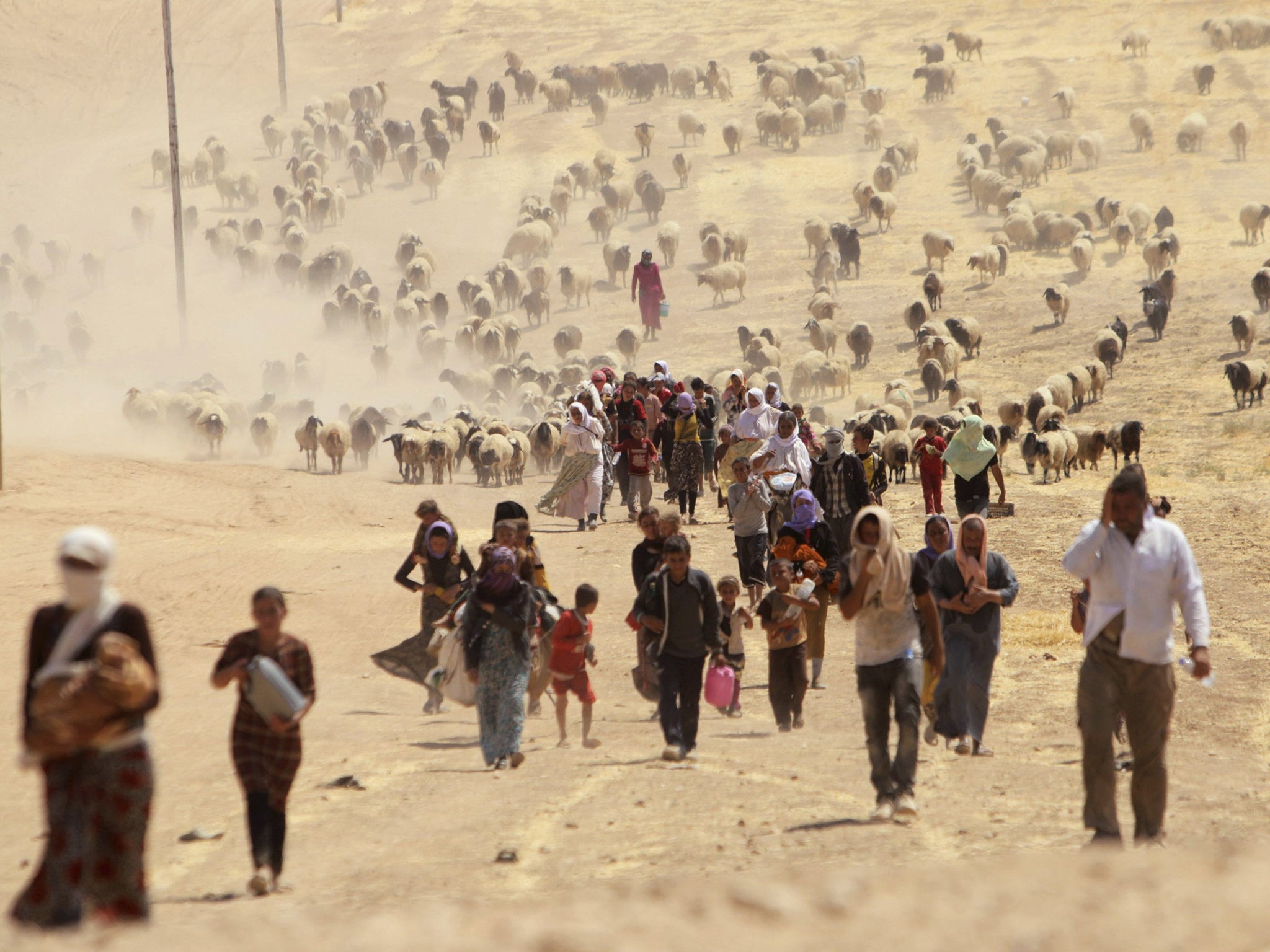
When Isis took the city of Mosul, now its main stronghold in Iraq, and declared its “caliphate” in 2014, the centuries-old Christian community of the city was purged in a matter of days.
Two weeks after taking the city, Isis passed a decree telling all Christians they had a week to convert to Islam, pay a special tax or be killed. The mass exodus was the greatest of Christians in the Middle East since the Armenian massacres and the expulsion of Christians from Turkey during and after the First World War.
It brought home with utter clarity what had been isolated reports of the slaughter of demographic groups seen as “infidels” by Isis leaders.
The Isis campaign against the Yazidis has been well documented, less so the persecution of the Shabaks, another Iraqi minority. It may well be the first time an up-and-coming power has advertised its genocidal intentions, while starting to carry them out.
Draconian punishments
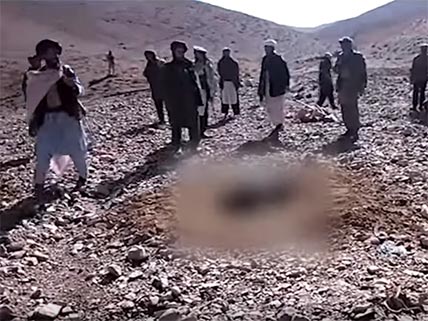
In January 2015, Isis published and circulated a document outlining its crime and punishment system, emphasising the need for those in its territories to adhere to tough Sharia codes of conduct.
The “crimes” listed included homosexuality, apostasy, blasphemy, adultery and “spying for the unbelievers”, all of which it said were punishable by death.
Other methods of punishment considered barbaric by international standards included corporal (80 lashes for crimes like “slander”) and maiming – cutting off the hand for stealing. Crucifixion of corpses was stipulated for the most serious offences, as a deterrent to others – and activists have confirmed that bodies often line the streets.
Treatment of women and gay people

Another Isis “manifesto” document released earlier this year outlined the role it saw women as playing in its territories.
The 10,000-word publication said it was “legitimate” for girls to marry fighters from the age of nine, and emphasised that women should have no ambitions beyond being wives, mothers and homemakers.
Beyond the abusive culture it proudly publicises, Isis has been shown to thrive on a theology of rape, particularly with women from other religions and cultures being sold and treated as sexual objects.
Writing for the New York Times, Rukmini Callimachi interviewed 21 women and girls who recently escaped Isis to compose a comprehensive dossier on its systematic programme of rape and abuse.
Since being gay has been outlawed and made punishable by death in Isis’s territories, there have been reports of scores of men killed for the “offence”.
The group’s preferred method of murdering people for “practicing sodomy” has been to throw them off high buildings – and it has done so in increasing numbers while publicising it via social media.
International terrorism
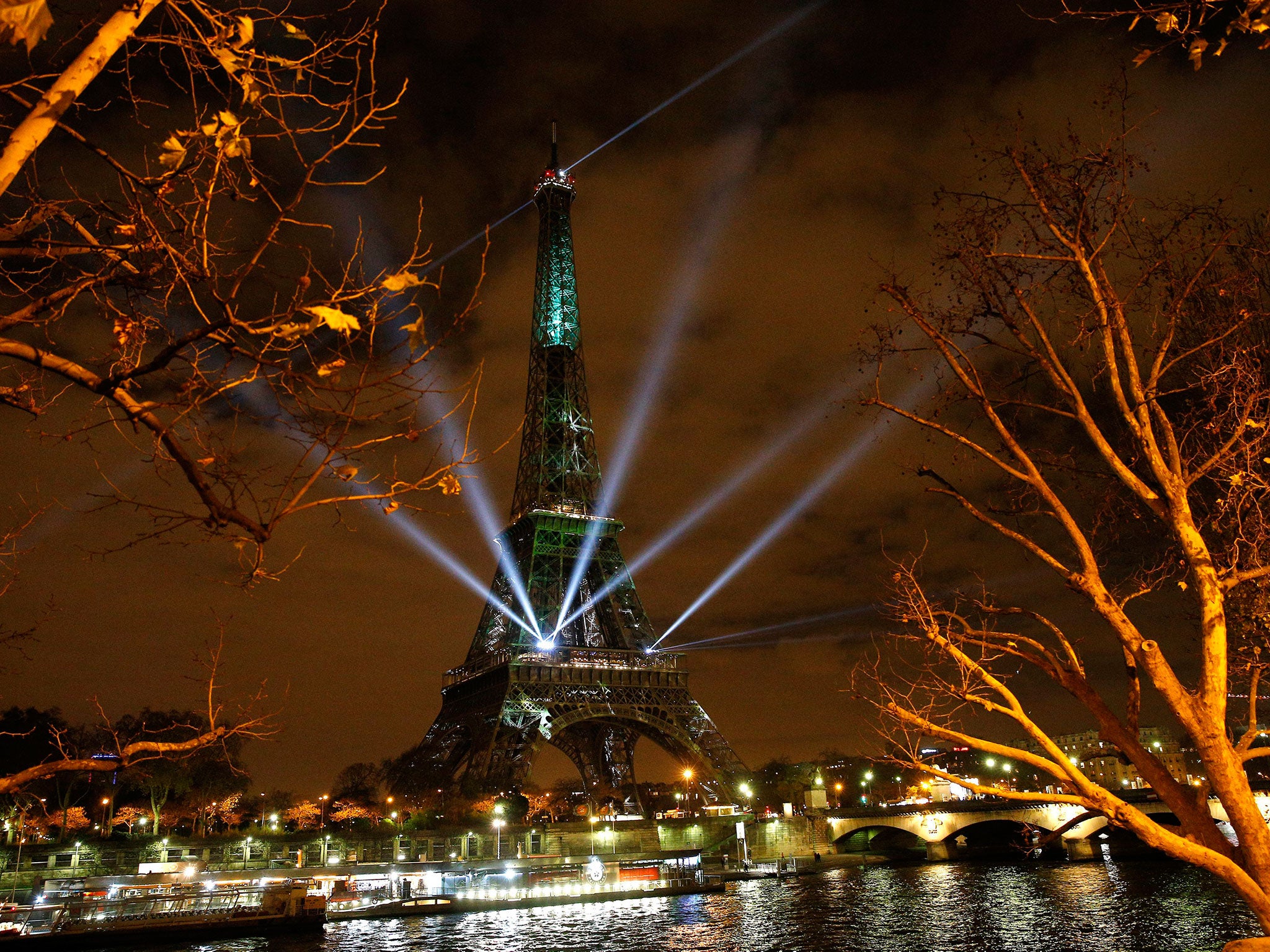
The atrocities Isis has committed against people in the lands it has taken over should be reason enough for the international community to want to tackle the group.
But the terror attacks it has carried out abroad – which are getting more bold and more deadly – have galvanised the rest of the world to act.
From Paris to Tunisia to the Russian plane in Sinai, Isis has claimed responsibility for many of the worst recent massacres of civilians to hit headlines.
And while Isis has used this to its advantage for propaganda messages, its threat to carry out more attacks of the same ilk has not been taken lightly.
Join our commenting forum
Join thought-provoking conversations, follow other Independent readers and see their replies
Comments